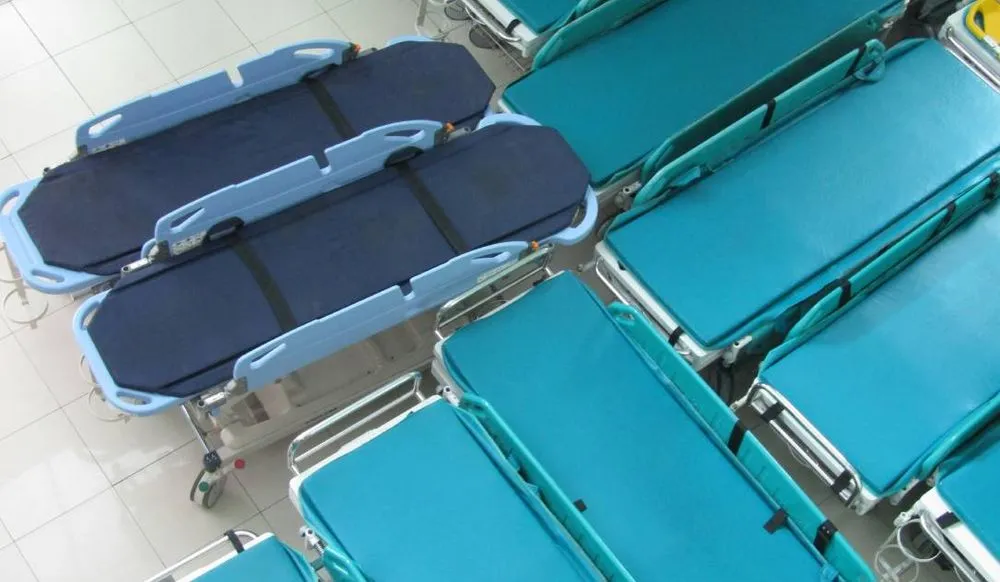$100 million a day? Cash flow disruptions roil healthcare industry after cyberattack
The economic impact of the Change Healthcare cyberattack continues to come into focus, with experts saying some large industry players — such as hospital and pharmacy networks — are facing disruptions costing upwards of $100 million a day.
It’s not necessarily lost money, according to Toby Gouker, an executive at cybersecurity company First Health Advisory. It’s more accurate to think of it as “deferred revenue,” he told Recorded Future News — and for many major healthcare systems, it funds daily operations.
The advisory firm has been urging clients to concentrate on financial and business-continuity issues, he said, instead of typical incident-response questions of how and why Change Healthcare was breached.
“It’s a cash flow issue. They’re probably going to eventually get that money back, but they’re not being paid because of this,” said Gouker, the company’s chief security officer for government and clinical innovation. “And if they’re not being paid, then they can’t pay to keep the lights on, they can’t pay to put the physicians in place, they can’t keep the janitors employed, they can’t pay the rent on the building,” he said.
The Change Healthcare incident has disrupted the ability of healthcare organizations nationwide to handle insurance filings, particularly for pharmacy operations. The company last published an update publicly on Monday. Representatives of the hospital industry say a program by UnitedHealth Group’s Optum division, which owns Change Healthcare, isn’t doing enough to help healthcare providers to be reimbursed for services.
The CEO of the Florida Hospital Association has said that revenue problems will probably add up to $1 billion or more just in that state. Gouker said First Health Advisory clients and other healthcare systems participating in industry conversations are seeing revenue losses of $100 million per day.
“When you take a big hit like this, your cash reserves aren’t there to make this work for you, so that’s where the problem gets complicated,” he said.
Gouker said he was encouraged that Senate Majority Leader Charles Schumer (D-NY) had asked the federal Centers for Medicare and Medicaid Services (CMS) to step in and provide support, in the way that the agency did when the COVID-19 pandemic disrupted elective surgeries — a big revenue source for hospitals. On Tuesday, the Department of Health and Human Services said CMS would indeed be making more information available for providers to receive such "accelerated payments."
The eye-popping dollar figures help to put the crisis in perspective, but Gouker noted that the Change Healthcare incident is causing disruptions at all levels. The Wall Street Journal reported that Optum’s support program for providers has left some confused and frustrated.
“It’s significant for the small guys, too,” Gouker said.
Editor's note: Updated 2 p.m. Eastern with information about accelerated payments from CMS.
Joe Warminsky
is the news editor for Recorded Future News. He has three decades of experience as an editor and writer in the Washington, D.C., area. He previously he helped lead CyberScoop for more than five years. Prior to that, he was a digital editor at WAMU 88.5, the NPR affiliate in Washington, and he spent more than a decade editing coverage of Congress for CQ Roll Call.



